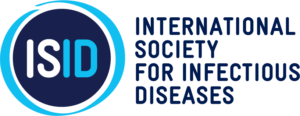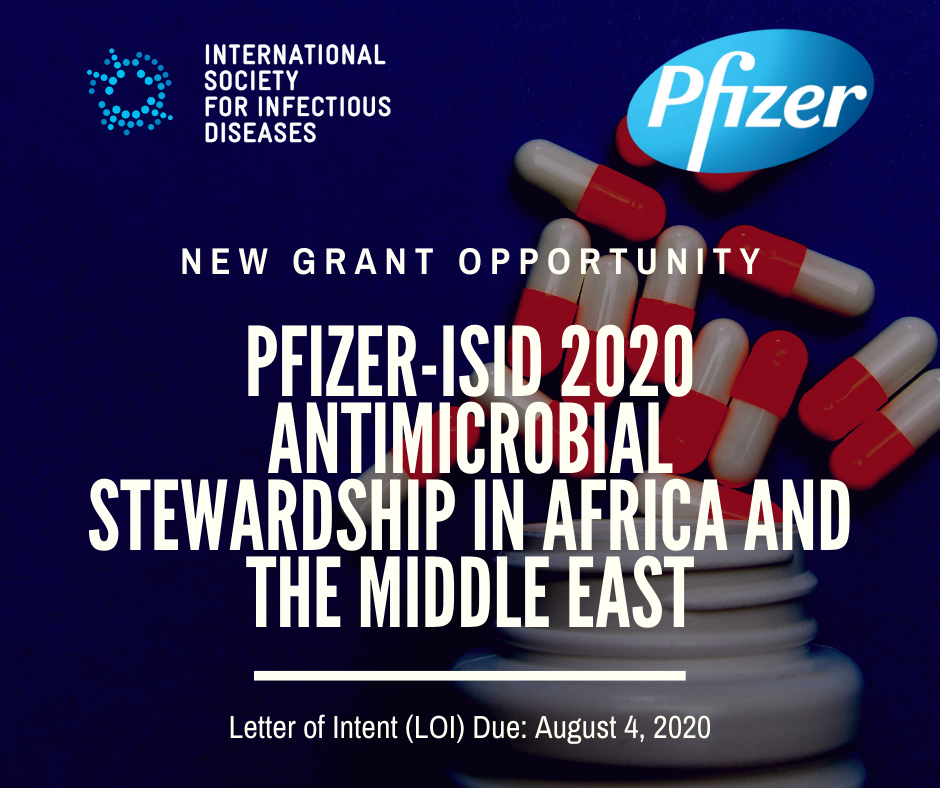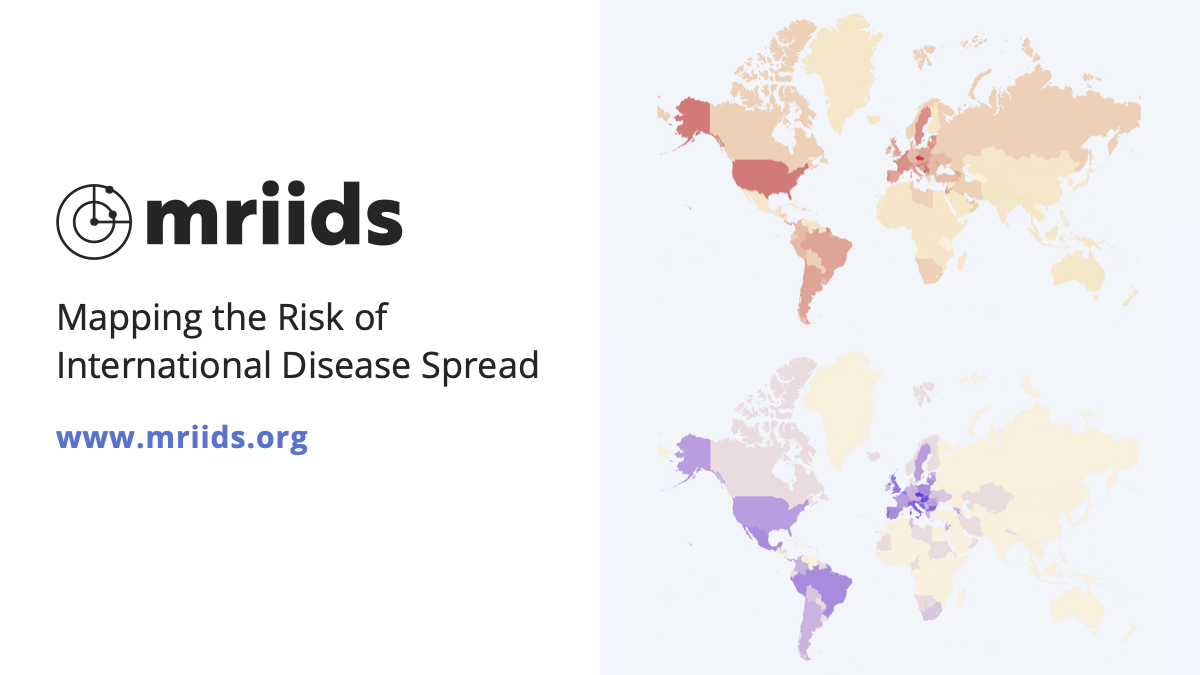The emergence of COVID-19 and subsequent pandemic have again highlighted the urgent need for accurate epidemic risk assessments in real-time. Platforms that incorporate reliable data and pathogen characteristics can help officials identify risk factors, implement control measures, and prevent further spread.
The International Society for Infectious Diseases and its program, ProMED, in collaboration with the Medical Research Council (MRC) Centre for Outbreak Analysis and Modelling at Imperial College London, the University of Sussex (UK), HealthMap at Boston Children’s Hospital/Harvard Medical School, healthsites.io, and the University of California Davis released MRIIDS 2.0 - an augmented intelligence (AI) guided epidemic/pandemic forecasting tool to support outbreak response and humanitarian health emergency activities across the globe. MRIIDS 2.0 is reshaping current forecasting methods by automating the integration of different open-access data streams to inform infectious disease outbreak forecasting algorithms in near real-time. By embedding methodology within a generic, cloud-based tool that is ready in advance of the next outbreak, MRIIDS 2.0 can provide epidemic risk assessments more promptly than previously, when specific methods were developed during an outbreak.
“With MRIIDS 2.0, we are one step closer to real-time infectious disease outbreak forecasting. Our tool enables data-driven responses for policymakers and individuals globally, allowing resource allocation tailored to the risk level in a country or region,” says Dr. Britta Lassmann, ISID program Director.
The development of MRIIDS 2.0 was funded through USAID, The Wellcome Trust, PandemicTech, and a California-based philanthropic donor.
To explore the platform, visit www.mriids.org today.


